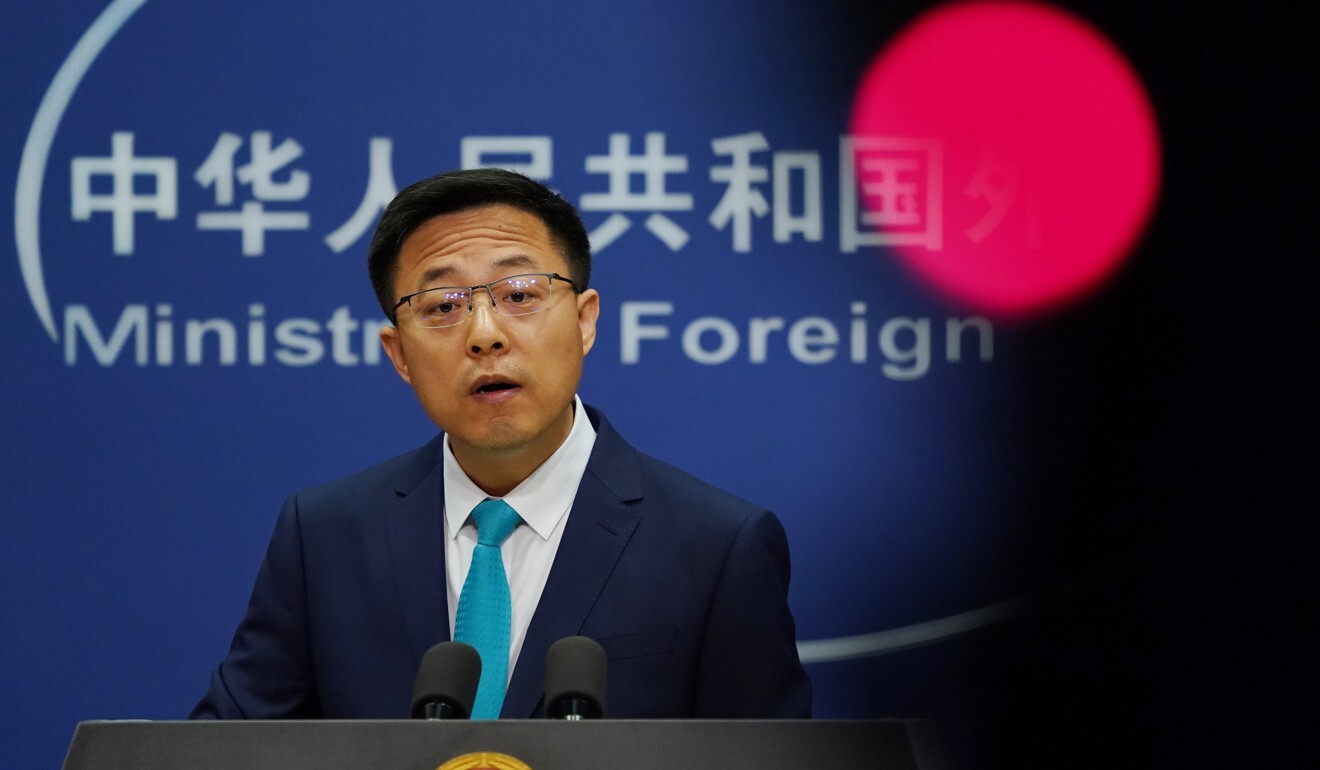
Chinese diplomats defend Beijing’s move to introduce national security law for Hong Kong
- Chinese embassy in Berlin says ‘separatists were exploiting the legal loophole’ in national security and it needs to be fixed
- But Chris Patten, Britain’s last governor of the former colony, describes proposal as a ‘comprehensive assault’ on city’s autonomy
China has mobilised its diplomats to defend a controversial move to enact a national security law for Hong Kong.
Under the Basic Law – Hong Kong’s mini-constitution – the city’s legislature is required to enact a national security law, but has yet to do so.
So now the legislation will be decided by Beijing rather than Hong Kong’s Legislative Council, and will be added to the annex of the Basic Law. The process will effectively circumvent any efforts by Hong Kong lawmakers in the opposition camp to try to block or filibuster the bill.
In a gesture that underlined the issue’s controversy and Beijing’s anticipation of resistance from overseas, China’s Ministry of Foreign Affairs urged its senior diplomats late on Thursday to defend the move, according to diplomatic sources in Beijing.
The envoys were told that opposition politicians in Hong Kong had long “colluded with external forces” in acts of secession, subversion, infiltration and destruction against the Chinese mainland, the sources said.
The ministry also said that the protests against a controversial extradition bill held last summer had posed a threat not only to the city but the country as a whole, they said.
“Hong Kong has become a notable source of risk to China’s national security,” they quoted the ministry as saying.
China’s central government cannot “sit by and do nothing”, it said, adding that it hoped foreign governments would “understand and support” the move and not interfere.
The Chinese embassy in Paris said on Friday that the disruption in Hong Kong had cost “tens of billions of yuan”, and that foreign forces were providing a “protective umbrella” for protesters.
The Chinese embassy in Berlin said “Hong Kong separatists were exploiting the legal loophole” in national security and it needed to be fixed.
Spokesmen for China’s embassies in London and Brussels issued similar statements.

Chris Patten, Britain’s last governor of the former colony, called Beijing’s proposal a “comprehensive assault” on Hong Kong’s autonomy, rule of law and fundamental freedoms.
A spokesman for Japan’s consulate general in Hong Kong said it was “closely observing” the introduction of a national security law in the city.
US says Beijing’s proposal undermines Hong Kong’s semi-autonomy
US Senate Republican leader Mitch McConnell said that any further crackdowns by Beijing on Hong Kong would lead the Senate to re-examine the US-China relationship. House Speaker Nancy Pelosi called Beijing’s move “deeply alarming and a complete disrespect for the rule of law”.
The Hong Kong Human Rights and Democracy Act, signed into law in November, requires that the US Department of State determine within six months of its enactment whether the city maintains a sufficient degree of autonomy to justify it retaining its special trade status.
Chinese foreign ministry spokesman Zhao Lijian said on Friday that Beijing would fight back if the US tried to oppose China on the issue.
“The issue of national security legislation for Hong Kong is an internal affair of China. Other nations cannot interfere,” he said.
Help us understand what you are interested in so that we can improve SCMP and provide a better experience for you. We would like to invite you to take this five-minute survey on how you engage with SCMP and the news.

